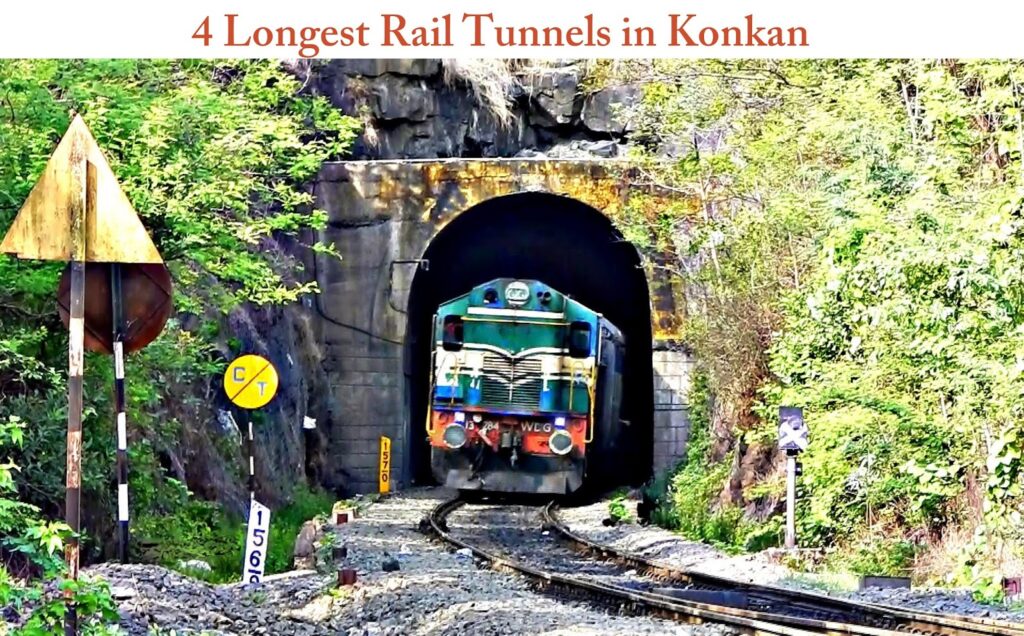NEW DELHI, July 19: Torrential rains led to the blockage of a rail tunnel on the Konkan Railway route in Goa disrupting rail traffic between Kerala, Karnataka, Maharashtra and beyond. The clearing of the tunnel could take more than 24-hours, officials said.
The disruption occurred on Monday morning after a tunnel at Carambolim, around 15-kilometres east from the state capital Panaji, developed a “leak” causing mud and slush from above to flow inside, officials said.
“Traffic on Konkan Railway route is interrupted due to continuous heavy rain and ingress of water/slush in Old Goa Tunnel between Karmali and Thivim stations in… Karwar region on 19/07/2021,” the Konkan Railway said in a statement.
Several trains including the Hazrat Nizamuddin-Ernakulam daily special, the Amritsar Junction-Kochuveli weekly special, the Ernakulam Junction-Lokmanya Tilak Duronto Bi-Weekly special, the Kochuveli-Porbandar Weekly special and the Ernakulam Junction-Ajmer Junction weekly special, all originating on July 18, have been diverted via Panvel-Pune route.
Other trains will see their passengers transported via road to bypass the blockage. These include the Mumbai-Madgaon KonkanKanya express, the Mumbai-Madgaon Mandovi Daily special and Hazrat Nizamuddin-Thiruvananthapuram Central Rajdhani bi-weekly.
Goa has witnessed torrential rains over the last seven days with the meteorological department issuing a red alert. Parts of Goa recorded 18 cm of rain in the last 24 hours with the region–where the tunnel partially caved in– receiving 16 cm rain over the past 24 hours.
Several roads, fields and farms in Goa are submerged and many houses have been damaged. However, no loss of life has yet been reported.
The weather department has forecast “extremely heavy rainfall– exceeding 20cm in 24 hrs– at one or two places in Goa. A red alert has been in place in the state since Sunday and continues on Monday considering the impact of continued active monsoon.”
(Manas Dasgupta)

